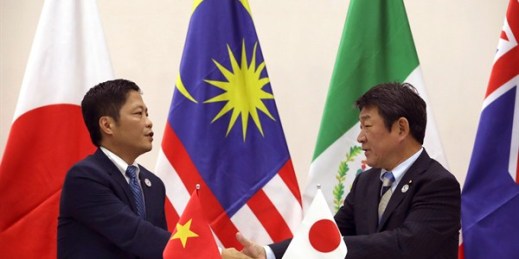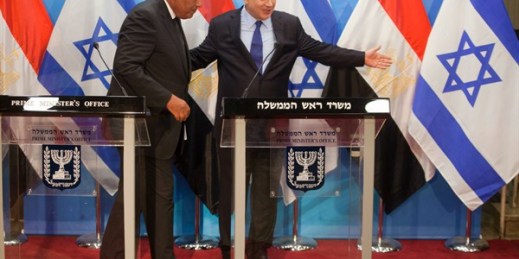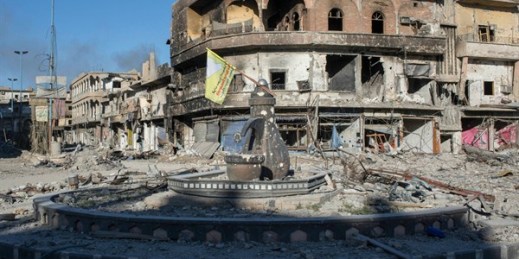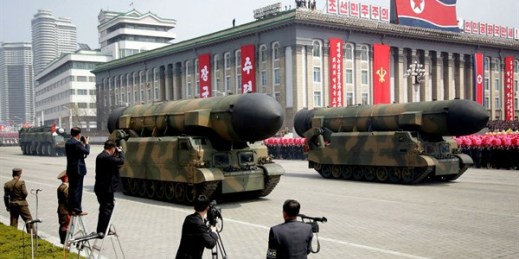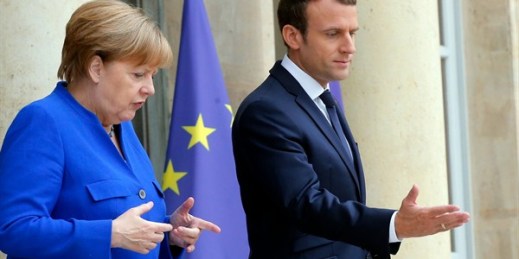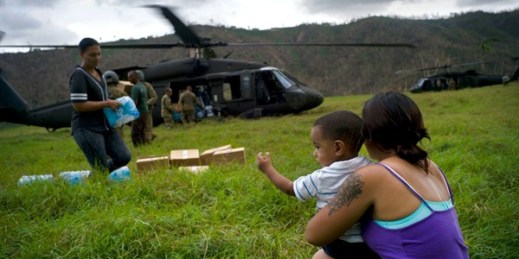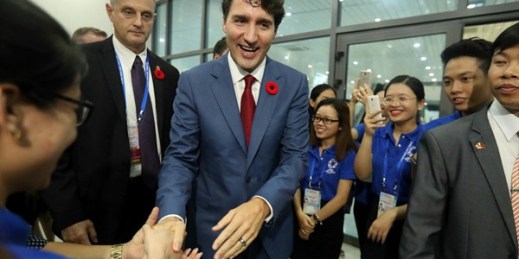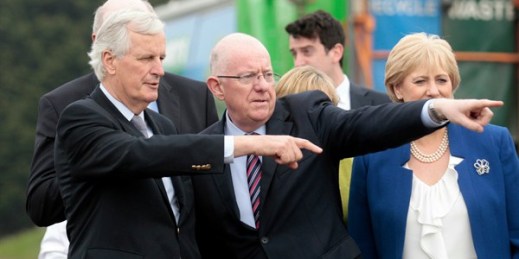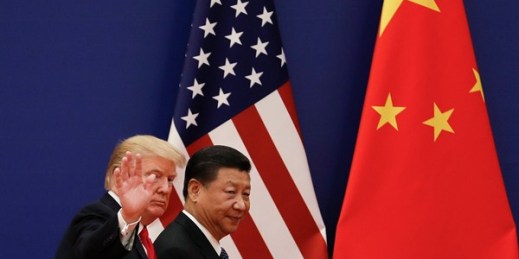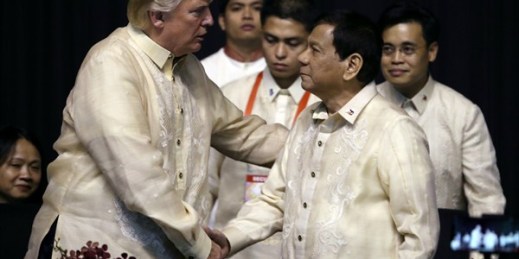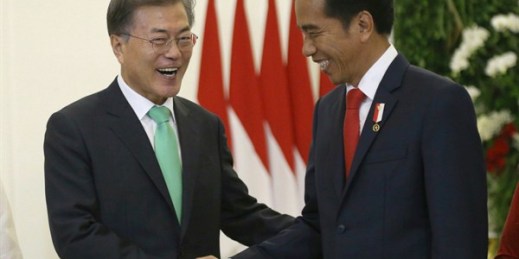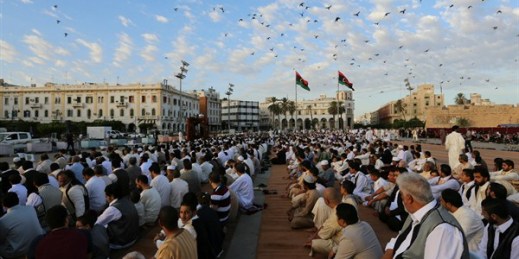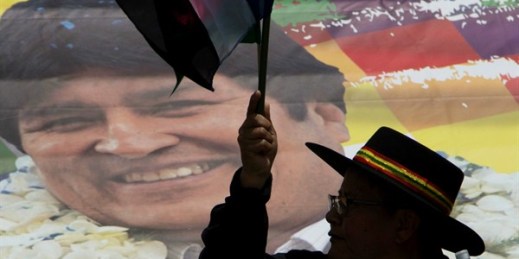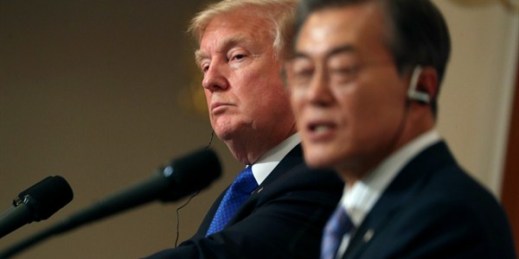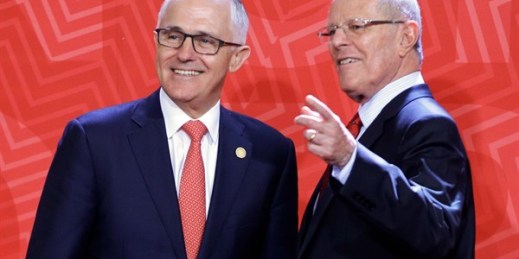
On Nov. 10, Australia and Peru concluded a free trade agreement while leaders of both countries were attending the Asia-Pacific Economic Cooperation summit in Vietnam. Free trade negotiations between the two countries began in May following the U.S. decision to abandon the Trans-Pacific Partnership, the major multilateral free trade deal that involved 11 other Pacific Rim countries, including Australia and Peru. In an email interview, John Edwards, a nonresident fellow at the Lowy Institute and adjunct professor with the John Curtin Institute of Public Policy at Curtin University, explains why Australia and Peru moved forward with their own free trade […]

